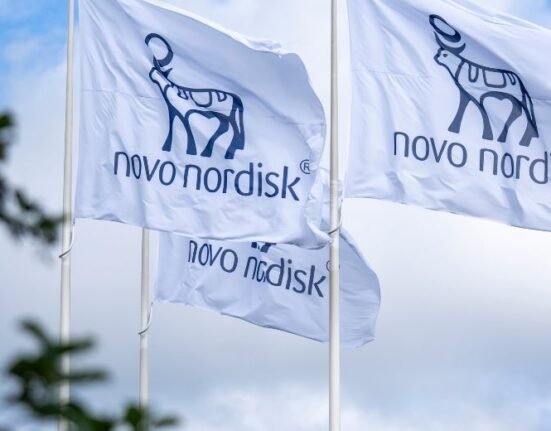HQ Team
July 7, 2023: The USFDA has granted a standard approval for Eisai and Biogen’s Alzheimer injection, Leqembi —the first treatment to secure the traditional approval, paving the way for wider insurance coverage of the drug.
Leqembi, which the FDA conditionally approved in January and Medicare did not widely cover, is part of a class of Alzheimer’s drugs targeting amyloid, a sticky plaque in the brain some researchers think plays a role in disease progression.
The FDA green light makes the drug the first and only approved treatment shown to reduce the rate of disease progression and slow cognitive and functional decline in adults with Alzheimer’s disease, according to an Eisai statement.
Standard approval states that the Centers for Medicare and Medicaid Services (CMS) will link reimbursement to patient participation in a health agency database or registry. Japan’s drugmaker Eisai stated that Leqembi could generate $7 billion in annual sales globally by 2030.
The USFDA had approved the supplemental Biologics License Application supporting the traditional approval of Leqembi.
Unmet medical need
Leqembi was approved in January under the Accelerated Approval pathway, which allows the FDA to approve drugs for serious conditions where there is an unmet medical need.
As a post-marketing requirement of the accelerated approval, the FDA required the applicant to conduct a clinical trial, often referred to as a confirmatory study, to verify the anticipated clinical benefit of Leqembi.
The efficacy of Leqembi was evaluated using the results of a phase III randomized, controlled clinical trial.
The drug “demonstrated clinically meaningful slowing of cognitive and functional decline in a patient group generalizable to US Medicare beneficiaries,” according to the Eisai statement. Data showed that the treatment slows the progression of the disease by 27% for patients in the earliest stages of Alzheimer’s.
Leqembi should be initiated in patients with mild dementia stage of the disease — the population in which treatment was initiated in clinical trials, Eisai stated.
‘Boxed’ safety warning
The FDA placed its strongest “boxed” safety warning on Leqembi’s label, flagging the risk of potentially dangerous brain swelling for Alzheimer’s drugs in the same class.
The most common side effects of Leqembi were headache, infusion-related reactions, and amyloid-related imaging abnormalities — a side effect known to occur with the class of antibodies targeting amyloid, according to an FDA statement.
The abnormalities, most commonly present as temporary swelling in areas of the brain seen on imaging studies that usually resolves over time and may be accompanied by small spots of bleeding in or on the surface of the brain.
The amyloid-related abnormalities can also infrequently present with serious and life-threatening brain edema that can be associated with seizures and other severe neurological symptoms, the FDA stated.
Potential risks
Intracerebral hemorrhages can occur in patients treated with this class of medications and can be fatal. “A boxed warning is included in the prescribing information to alert patients and caregivers to the potential risks associated with” amyloid-related imaging abnormalities.”
“Today marks a breakthrough in the treatment of Alzheimer’s disease, and we are proud to be at the forefront of ushering in a new era of advances for a disease that was previously considered untreatable,” said Christopher A. Viehbacher, President and Chief Executive Officer of US-based Biogen.
“We would like to express our sincere appreciation to those who have worked tirelessly to find a treatment for this unrelenting disease, without whom this progress would not be possible.”
An estimated 6.7 million Americans age 65 and older are living with Alzheimer’s in 2023. Seventy-three percent are age 75 or older, according to the Alzheimer’s Association.
One in three seniors dies with Alzheimer’s or another dementia. It kills more than breast cancer and prostatic cancer combined.
By 2050, the number of people age 65 and older with Alzheimer’s may grow to a projected 12.7 million, barring the development of medical breakthroughs to prevent or cure Alzheimer’s disease.








